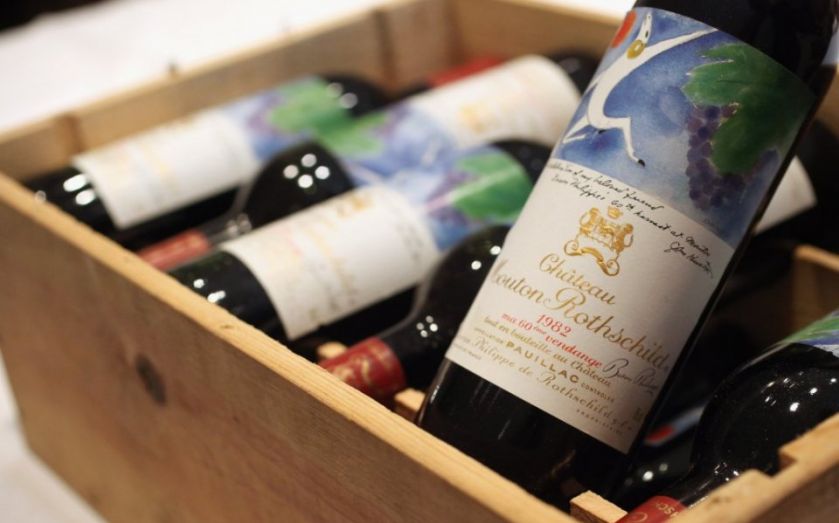| Updated:
Investing in wine: Should I invest in fine wine?

The principal of investing in wine began hundreds of years ago. Collectors and enthusiasts purchased extra cases or bottles with the mind-set that they would sell some and consume the remainder for a reduced cost or even for free. Over the last 20 years wine has become more commoditised and therefore the fine wine investment market more sophisticated. The industry standard index, the Liv-ex 100, has returned an 8.94% compound annual growth rate (CAGR) since its inception in January 2002.
This index is weighted significantly towards newer vintages (the last ten physical vintages) of the Grand Cru wines of Bordeaux and therefore provides useful data on the development of the fine wine investment market. Historically, investment grade wines have consistently provided high returns at lower risk when compared to stock indices and many other asset classes. From January 2002 to April 2013 the Liv-ex 100 has had a 0.25 correlation to the FTSE, 0.28 to Oil and 0.06 to Gold.
The Liv-ex Fine Wine 100 Index is considered to be the industry standard, composed of the 100 most sought-after investable wines. In the last ten years, the Liv-ex 100 has grown 195%, a CAGR of 9.5%. The oldest wine index, the Liv-ex Fine Wine Investables, has grown 1654% since its inception in January 1988 until April 2013, a CAGR of 11.97% over 25 years. Please note, this is not a broad basket of wines, it focuses on Bordeaux. The Liv-ex Super Tuscan Index, of which the famous Masseto forms 1/5th, has returned 90% over the last five years, vastly outperforming the Liv-ex 50. Of the five strongest Super Tuscan brands, Masseto has led the pack with 110% growth, while Sassicaia lagged behind its peers returning 7% until August 2009. Since then the latter has seen a 40% increase across the last ten vintages.
Tax Efficiency – Another advantage of investable wine is that they are commonly regarded as a wasting chattel, hence under certain conditions do not attract capital gains tax. Moreover, wine stored in government bonded warehouses is not subject to VAT or duty. However, we do suggest investors speak to their own tax advisors and independent financial advisors to establish their exact position.
When Trading with the City A.M. Wine Club:
- You own the physical fine wine stored securely for you by the City A.M. Wine Club
- Your fine wine records are accessible to you anytime via your online account. It allows you to trade your holdings either personally, or through the City A.M. Wine Club
- You have full control over your holdings to trade (exempt of VAT and duty) or drink in the future – according to your wishes
The City A.M. Wine Club team members are ready to assist you by:
- Offering personalised information
- Answering your specific questions
- Creating an account to obtain full access to the live trading platform, portfolio management and analytical tools
- Offering advice on building and managing your portfolio